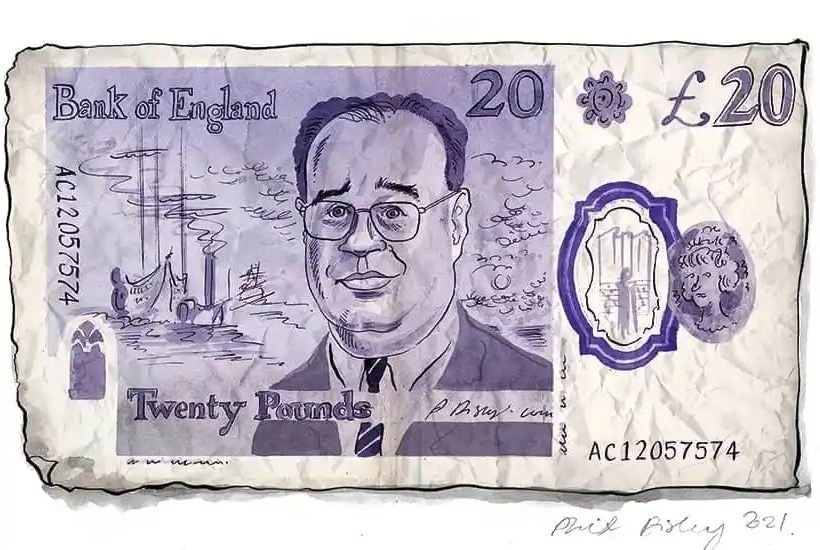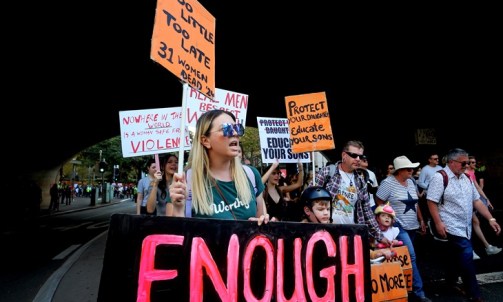We’re not cutting interest rates because we think the recession may already be over and we’re not even sure we are in recession anyway. That was the gist of Governor of the Bank of England’s evidence to the House of Commons Treasury Select Committee this morning.
Bailey fell back on the traditional excuse of CEOs who get it wrong and send their businesses into a downwards spiral: the weather
Andrew Bailey reminded the committee of what happened ten years ago when Britain seemed to be on the verge of a triple dip recession.
Already a subscriber? Log in
Subscribe for just $2 a week
Try a month of The Spectator Australia absolutely free and without commitment. Not only that but – if you choose to continue – you’ll pay just $2 a week for your first year.
- Unlimited access to spectator.com.au and app
- The weekly edition on the Spectator Australia app
- Spectator podcasts and newsletters
- Full access to spectator.co.uk
Or





















Comments
Don't miss out
Join the conversation with other Spectator Australia readers. Subscribe to leave a comment.
SUBSCRIBEAlready a subscriber? Log in